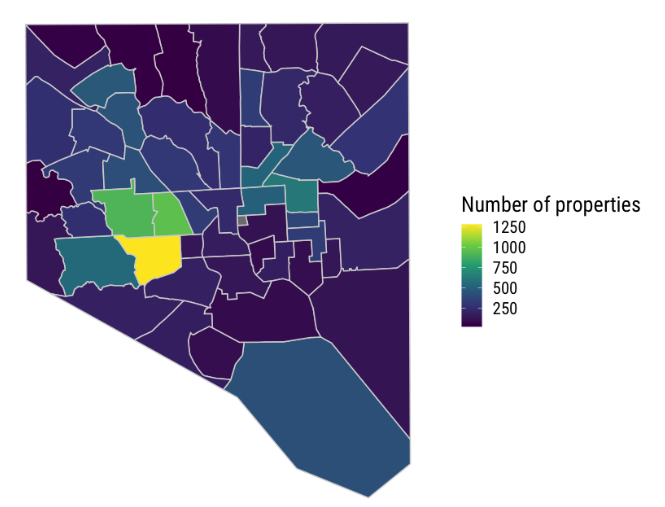In America Black people are no strangers to the erosion of property rights or the theft of land. Our experience as property certainly bloodies the water. Even still we have used our agricultural acumen, innovative genius and cooperative practice to become property owners from the antebellum period until today. In fact by 1910 Black Americans had acquired 15 million acres of land much of it in the rural south.
Today, Black America owns roughly two million acres. The land was lost by various means including forced expulsion, abandonment, foreclosure, etc. The impact of these losses was magnified by obstacles to property acquisition such as discriminatory zoning, restrictive covenants, redlining, etc., a dominant practice in the urban north. All along the way property tax disparities have been used to take properties away from Black owners.
The erosion starts with property assessments. For example in Green County, Georgia in the 1930’s it was found that Black landowners were paying “far more” in property taxes than comparable properties owned by whites. In 1the 1972 a HUD study found largely Black East Baltimore (labeled as blighted) had 10 times the property tax burden of largely white Bolton Hill (labeled as upwardly transitional); a reporter for the Afro commented ”
Many a colored buyer has had the sad experience of having tax assessment upped, not lowered, when he moved in.”. This is perplexing considering that the Brookings Institute found that homes in predominantly black neighborhoods are appraised and valued 23% lower than comparable white neighborhoods, despite all else being equal. The compound effects of depressed housing values from historic race-based disinvestment and a disproportionate tax burden continue to plague Baltimore’s Black Butterfly.
Higher assessments result in higher property tax bills. And for a segment of Baltimore’s population that is hovering at the poverty line and on fixed incomes, even a small increase in property taxes can push a household further into financial distress and a neighborhood deeper into erosion. In Baltimore unpaid property taxes (and other municipal debts) are auctioned off annually. The Tax sale earns the city upwards of 20 million dollars each year. For those buying the tax certificate debts the “certificate purchasers” receive the right to collect the debt plus 12-18% interest on the debt, lawyers fees, lien releases, etc. If the property owner isn't able to navigate the unduly complicated process and pay the debt plus accumulated fees and interest, the “certificate purchaser” can file for foreclosure on the owner’s right to redeem the property from 9 months to 2 years after the tax sale. After the filing, if the debt isn't paid the court can issue a judgment which effectively gives title to the certificate holder who can then evict the previous owner, sell the property to another speculative investor, or even rent it back to the previous owner. All while not taking official title to the property or paying property taxes on it.
At this point the erosion of Black property rights is complete, the home’s equity is no longer accessible. It’s maddening to think of the millions of dollars in equity lost to Black homeowners in Baltimore to tax sales. The true number of people impacted by this policy and practice is difficult to calculate. Data from the district court on Tax Sale Foreclosures isn't readily available.
Tax Certificate Foreclosure Filings in 2018
Data and Image Courtesy of Baltimore Open Land Data
In a process that is fraught with inequities;’ from the use of Gross Income calculation to determine assessed values which no one at Baltimore City SDAT was able to sufficiently explained to me, or the fact that the “certificate purchaser”, lawyer representing the “certificate purchaser” and a company that lends money to homeowners to pay “certificates purchasers” can all be the same entity with no disclosure required.
The impact is clear in this year’s tax sale held just two days ago (despite a request from advocates to the Mayor to cancel the tax sale for this year given COVID-19). Most of the Community Statistical Areas with the high tax sales ratios are those with concentrations of blight and predominantly Black populations like Sandtown- Winchester and Harlem Park. In Greater Rosemont where the population is 97% Black nearly 100 owner occupied properties were scheduled to go to auction this year.
Total Properties (scheduled and removed) with Tax Certificates Advertised For Sale in 2020
Data Courtesy of Bid Baltimore and Image Courtesy of Eli Pousson
What can be done besides “BURN IT ALL DOWN”? First, BREATHE! Second, work to help homeowners with properties in tax sale get them out.
If you or someone you know has a property in tax sale, contact Maryland Volunteer Lawyers Service My Home, My Legacy, My Deed program to register for the upcoming virtual legal clinic August 18th at from 3 pm-7pm. This program is assisting in the ongoing struggle facing our legacy homeowners as they fight to protect their home from predatory lien purchasers, a dysfunctional city government, and decades of economic disinvestment.
If you or someone you know wants to give funds to get homeowners out of tax sale, donate to the Stop Oppressive Seizures (SOS Fund)*. There are two homeowner’s in the pipeline in need of help today!
Third, work to have the tax sale abolished for owner occupied or rented homes. Instead Baltimore should adopt a payment plan like Philadelphia. Bree Jones, founder of Parity Homes, an equitable development company, says “...it’s imperative to protect legacy residents in Baltimore’s Black Butterfly from inadvertent displacement caused by rising property taxes from redevelopment and reinvestment. Our elders and other legacy members have been the stewards of this land and community, however the annual tax sale continues to pose a risk to the destabilization of homeownership and Black wealth building in East and West Baltimore”. I concur.
* Fusion Partnerships is the fiscal sponsor for Fight Blight Bmore’s non profit programing. All donations are tax deductible.






